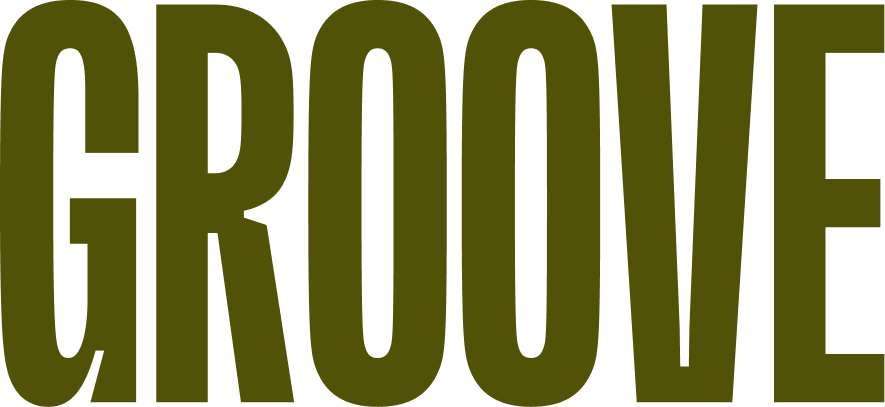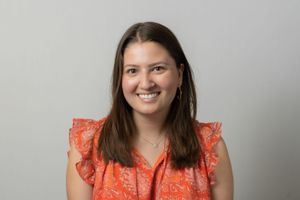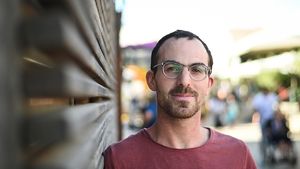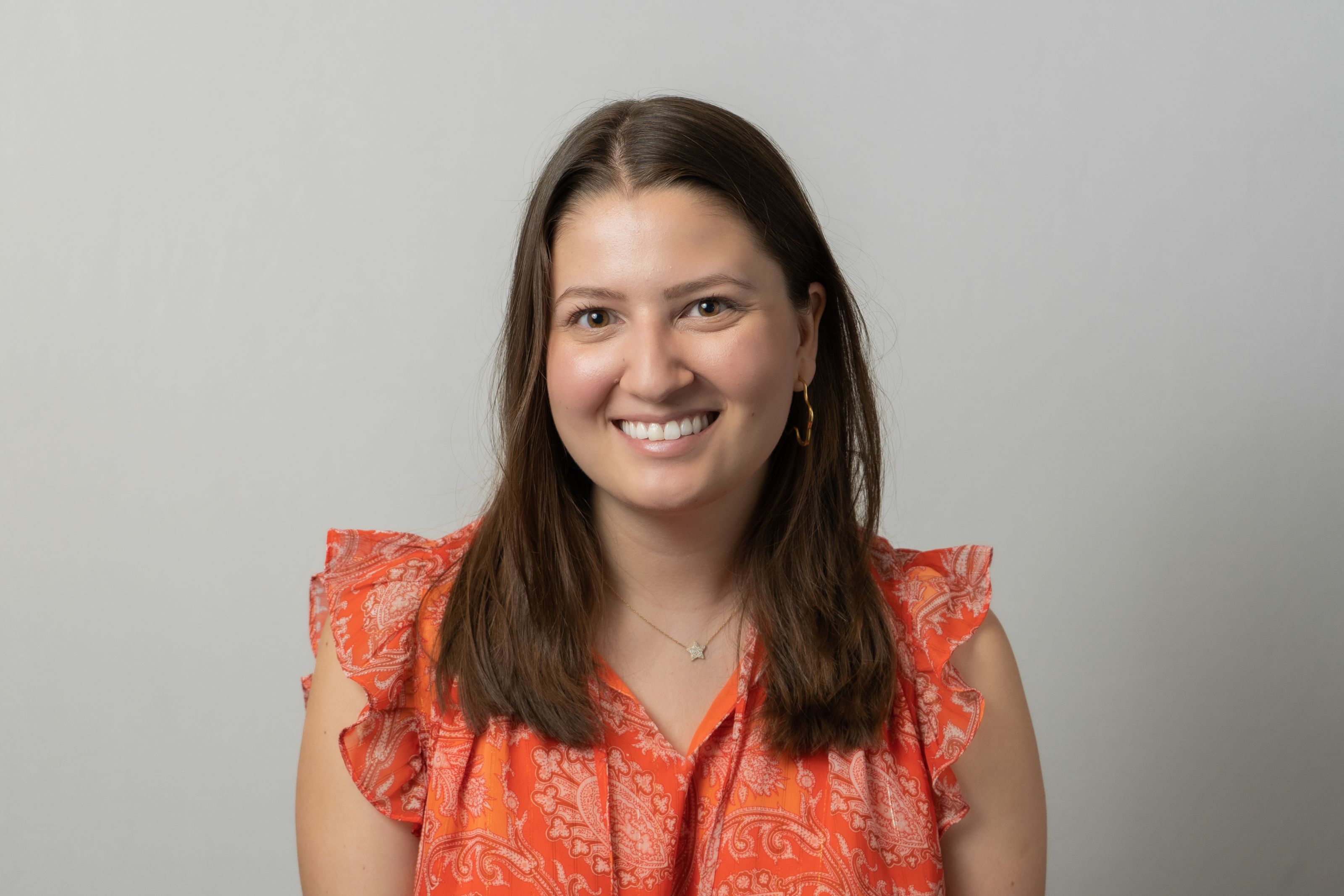
To listen to Josh's previous voicemail click here.
Beep.
Wow, I'm fired up. That was a good voicemail lots in there. Okay, we're gonna try to roll through this. It took some notes.
Okay, one, I think immediate experience, no matter what time they join is a great shout-out. I guess we're I'm curious to explore next week is like, how much of the value do we need to convey? How much value do they need to experience in that first initial jump-in? And I guess the reason I'm asking it is like, would a one-minute groove without other people there satisfy some of the curiosity? Would a five-minute groove with someone live there satisfy what we need it to?
I guess it's getting really, really clear about what is it that we're solving for, and does a shortened period of time with a person or without a person satisfy it? So I mean, we had the designs for that demo Groove a while back, I think the way that we were doing that was very, very complicated. It was a good idea. For anyone that's listening, basically, the idea was that people could come into Groove and they could do a demo Groove where they like, see what it's like to pass the mic, but there's not actually anyone live there with them, it would be my video being like, "Hey, I'm here, but I'm not actually here. This is what you do next." And I would be walking them through the experience, as if it looked like it was live, but they would know that it wasn't. So we got rid of that idea. Because it was a really complicated build. And we didn't feel like we weren't going to see the benefits of it. And we weren't really sure if that was definitely how we wanted to build it. Okay, I'm off track, though.
Basically, I think the other thing that I find very interesting is in the research that we were doing earlier this week, someone had mentioned that, and we've heard this from other people in the past too, when they hang out with someone in person that they want on Groove, they show them how it works. So one person in one particular person in this interview, had said, "I really really wanted this friend of mine to be on Groove. And it wasn't until I was in person with them. And I was able to hop into a Groove while we were at a coffee shop and say, Look, I really, really want you to do this thing. Let me just show you how it works. So they clicked the button together."
This person was like, 'Hey, I'm showing my friend around Groove. We're just getting coffee, but I really want him to see the experience. Here we are.' And he basically just showed his friend the ropes while they were physically together. And then his friend has gone on to become a Groover and Groove multiple times. And I guess I'm wondering how could we make that easier? Could we could this person have had the option to show their friend in person, a one-minute version, where they go into the chat, and they come back on video and there's like, again, like a pretend person on the other side. So it's like the virtual Taylor demo, but different. I want to explore this because I think there's something really interesting here.
And I'm wondering like, is it the immediacy of the experience of just seeing it in action and kind of debunking some of the questions you might have? Or is it needing to deliver value really quickly? So yeah, that's, that's what I'm noodling on.
Yeah, and then social chemistry. I mean, my brain is like fireworks going off. I think that the main thing is, she basically outlines three different ways of connecting. So there's expansionist, which honestly, I don't think expansionists are worth going into right now. And I don't think that's what we're looking at.
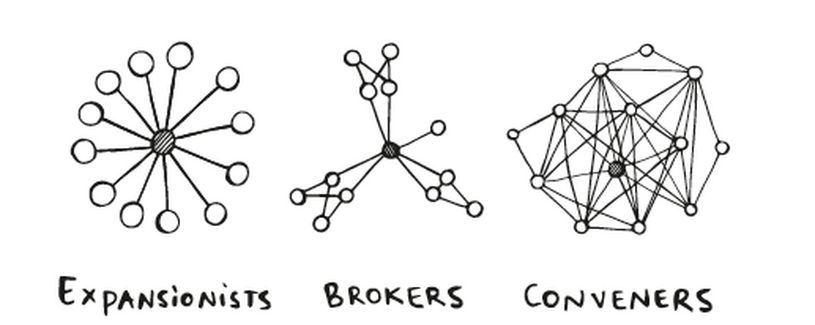
What we are looking at are a whole bunch of Groovers, and we've heard this again and again but not in these terms, who are brokers. Brokers are basically people who are at the center of their network, and they have a bunch of different communities that they are part of those communities don't often talk to each other. So take someone for example, who...it's so hard...I feel like for privacy reasons, I shouldn't use someone's specific name. I'll just use mine. Okay, so for me, like, I think I was a broker, but I'm no longer a broker so and you can shift between them in different parts of your life. And I think a lot of Grievers are in a seasonal life where they are a broker. And so basically, a broker is someone who is at the center of their network. And they have these little circles or pods of people in their life.
So I had like my Penn State friends were like a pod of let's say, like nine people. And then I had like a group of girls that I knew from growing up in Connecticut, that's like another pod of people that now like live in New York, and so they all know each other, but they don't know my Penn State friends. And then there's like another pod of people that are like my community leader friends, and so some of them know each other, not all of them know each other. But that's like another part of people, okay, and so I've brought them together to now know each other. So again, I'm at the center of the network bringing this pod together. So now that is a pod.
So basically, in the last like two years, I've started hosting these rooftop parties where I've brought these circles of humans in my life together. And now I'm no longer much of a broker who has the separate circles of people in my life. But instead, I'm what they call a convener. Inside of this book, Social Chemistry. Marissa King is the author of for anyone listening, and conveners basically say, here are the separate pods in my life, I'm going to go ahead and connect them. So it's not uncommon that you go to at my rooftop parties, someone from Penn State is talking to someone that I know from the community startup world, in New York City, and they're having a conversation. And it's like this really cool thing to be like, Oh, it makes a lot of sense that that friend is now friends with this person.
And so what we've seen inside of Groove, and this isn't new, it's something we've seen, but I basically am saying, Wow, you can really tell my voice, I'm getting fired up I think. I'm pacing my apartment. But you can really see that people have the potential to become conveners through Grooving. They have the ability for their circles to connect. Because, let's say again, I'll use me as an example.
I bring in my friend Paul, who knows me from Penn State. He lives in Chicago, my friend, Rachel is in New York City. I know her from community leader stuff. And now she's also my book club. And she'd also been my rooftop parties. Paul does not know Rachel, he lives in a different area knows me for a different period of my life. Inside a Groove by me inviting the two of them, they are suddenly connected. They are now in this messy network. That's like a giant, like have you ever seen the oh, what's it called? Always Sunny in Philadelphia, Always Sunny in Philadelphia, where it's like the one of the main characters. I'm not a fan. I just my boyfriend watches it. So. But there's like this famous meme where it's like this map of like, this is how this connects to this. That's how I feel.
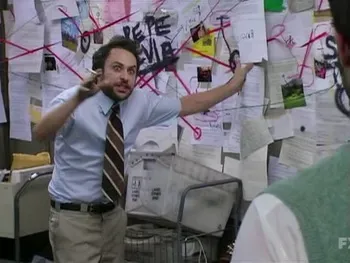
It's like, what a mind blowing thing that we can build something that helps people who are currently brokers become conveners and have different people from inside of their life connect, and they don't need to be at the center of it anymore. Paul and Rachel can group together without me needing to be there. But they can group together with the trust and the knowledge that I'm the people. I'm the person who brought them together. And like what a special thing and a generous thing to do that to like help people meet other people. And I'll do it from home.
I'm fired up for next week. I cannot wait to talk about this stuff in person. And I hope you have fun digging into Social Chemistry because my energy is high going into Sunday.
Okay, well, longest voicemail ever. Talk to you soon. Bye.
